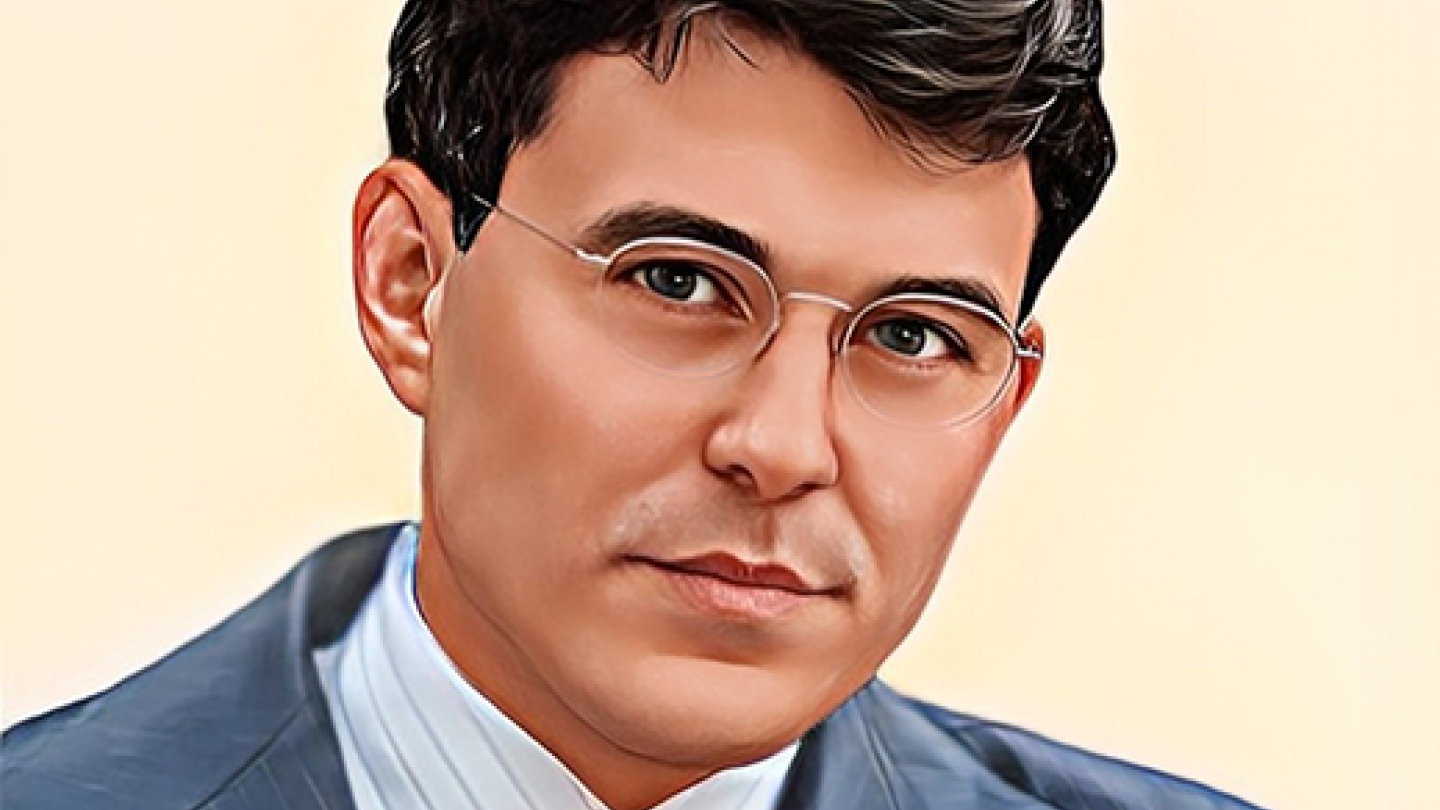
A trade tariff is no picnic in the park, ‘but won’t derail European outperformance’
The import tariff proposed by Donald Trump on goods from the EU may inject some volatility into European stock markets, but investors in European equities remain largely unconcerned.
“Highly unlikely that Luxembourg will catch Ireland in the ETF space”
Luxembourg faces strong headwinds in ETFs as Ireland dominates. Cost, scale, and first-mover advantage keep Dublin ahead. Can Luxembourg compete? Mark Browne at Clerkin Lynch Solicitors in Dublin believes it can’t.
Treasuries ignored politics, but consumer data shifts sentiment
Investor sentiment has shifted as Trump’s policies fuel inflation fears, but plunging consumer confidence signals economic weakness, driving U.S. Treasury yields lower.
Trump-Trades fade, leaving investors searching for the next big theme
Investors, once emboldened by the so-called ‘Trump trades’ - long U.S. dollar, short U.S. government bonds, and overweight anything American - are now struggling to identify the next structural theme. The big uncertainty: tariffs.
US inflation figures pressure private equity stocks – history suggests buying
US inflation rose to 3 percent in January, exceeding economists’ expectations of 2.9 percent, reinforcing arguments for a more cautious approach to interest rate cuts by the Federal Reserve.
Europe’s blue-chips shine as markets weigh Trump’s moves
With global markets being shaken by Donald Trump, asset managers and strategists are advocating quality stocks and diversified portfolios, with a particular focus on European blue-chip stocks known as ‘Granolas’ to weather potential disruptions.
Active ETFs: A gimmick or a proven alpha play?
Despite scepticism, JPMorgan dominates Europe’s active ETF market, proving that alpha is possible—leaving rivals trailing as investors seek outperformance in a booming yet contested space.
Investors look beyond tech giants as earnings season looms
While the “Magnificent Seven” are expected to deliver strong results, it is the remaining 493 companies in the S&P 500 that are increasingly catching attention with improving earnings.
Trump’s opening moves set tone for US inflation
Donald Trump, the newly inaugurated 47th President of the United States, is wasting no time in implementing his agenda. Investors are on edge: what will this mean for the US economy?
The market maintains confidence in US insurers despite wildfires
The “outrageous” prediction by Saxo Bank of a major climate disaster impacting the insurance industry in 2025 became a reality last week. The effects of California’s wildfires are being felt within the insurance sector. However, the predicted crisis has not materialised, as investors remain confident in the industry’s resilience.